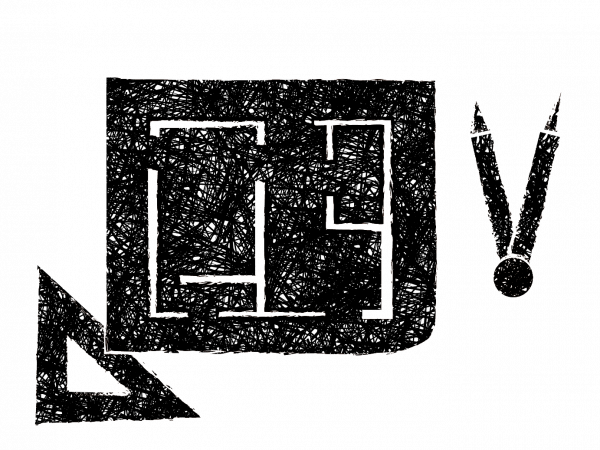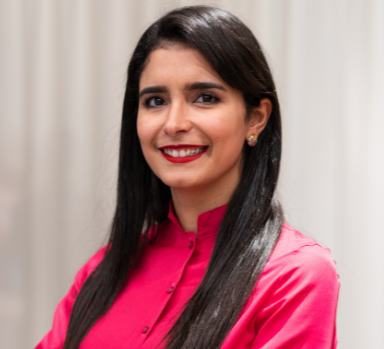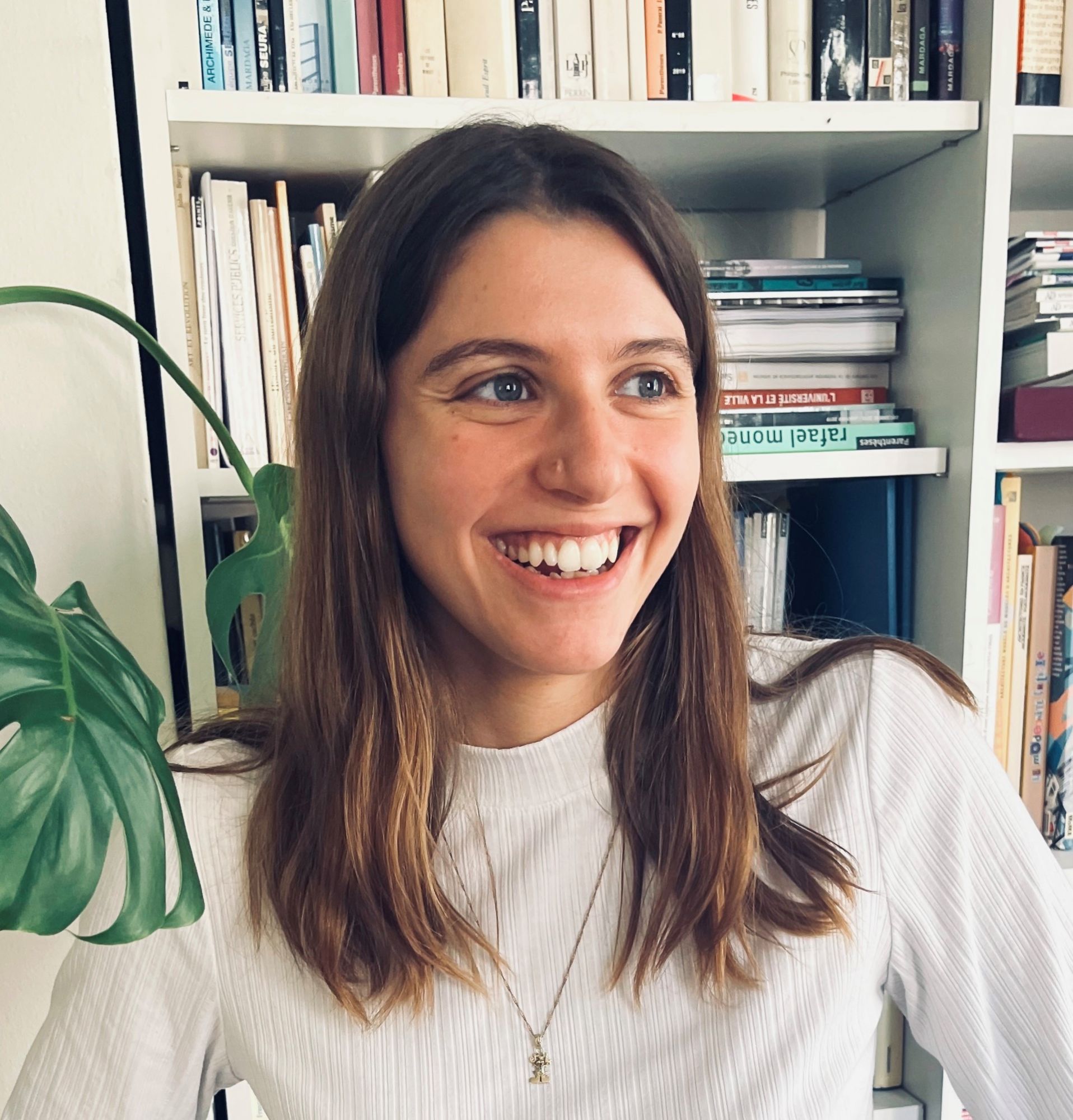- Home
- EN
- Our impact
- ProspeKtive
- Reuse and architecture: building a project using available resources

Reuse and architecture: building a project using available resources
February 2024
Expert
With 460 million tonnes of mineral materials per year (ADEME, 2019), the building and public works sector is the leading waste creator in France. The recent Anti-Waste and Circular Economy Act of February 10, 2020, known as the "Agec Act", requires project owners, from January 2023, to draw up a "products, equipment, materials, waste" (PEMD) diagnosis, as well as to make use of reuse and reemployment in demolition and rehabilitation projects. In this context, architectural practices are likely to be reshaped to integrate resources already present in the project process.
Article L. 541-1-1 of the French Environment Code defines waste as "any substance or object, or more generally any movable asset, which the holder discards or intends or is obliged to discard". Thus, the holder of waste, defined by the same article as "the producer of the waste or any other person in possession of the waste", is solely responsible for its production. While reuse is the only way of preventing a material from acquiring the status of waste, its benefits are limited insofar as it only concerns materials and products used for "a use identical to that for which they were designed" (Article L. 541-1-1 of the Environmental Code).
From waste to resource, our doctoral research is an opportunity to study the possibilities offered by resource materials as triggers for new architectural design methods and tools. In this context, it seems necessary to clarify the subject by proposing our own definition of actions to prevent waste and use available resources. We thus propose to introduce the notion of "R-usage" or "réusage" to qualify any operation enabling the sustainable use of a material, product or equipment resource resulting from a construction or deconstruction operation on site or on a local scale. Reuse is not limited to resource recovery or production optimization. Rather, it goes beyond them to integrate resources right from the design phase, by considering the building as a resource in its own right. This means thinking in terms of all scales, and working to pass on to users and future generations resources that can be put to new uses.
Reuse is a global project process. An in-depth analysis of the site, the building, its history and its spatial opportunities enables us to design its future. From conservation to demolition, those involved in the project will have to study various hypotheses before deciding whether to build or demolish. Is it really necessary to demolish? Is it not possible to preserve what already exists? What intermediate or temporary uses can an existing building be put to while the project is being defined? Which program is best suited to the existing building? What are the most appropriate uses for existing surfaces?
Re-use is still a marginal practice in relation to the amount of waste generated by buildings. The reasons why a client decides to embark on such a process are not strictly economic; other reasons also come into play, such as environmental motivation and commitment, awareness of a building's heritage and historical interest, or the availability and visibility of local resources. Demolition, which is sometimes compulsory, should be considered by the project owner at the planning stage, and left as a last resort if conservation and rehabilitation are not feasible. In this context, shouldn't resources become an inspiration for architecture?
Release date: February 2024



